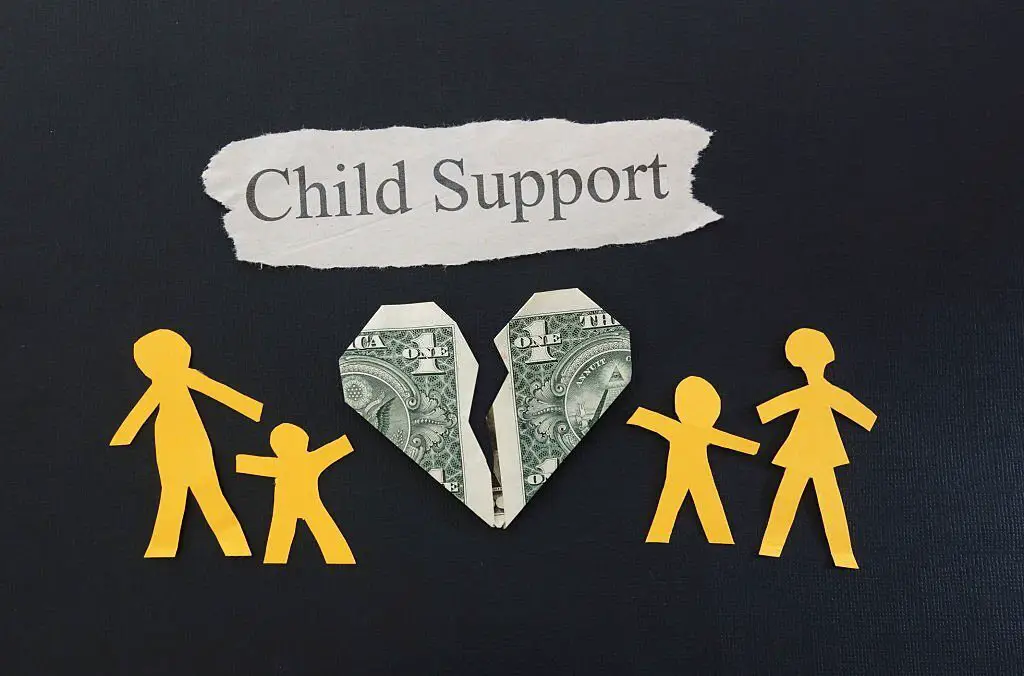
When a judge decides on alimony, the length of the marriage is one of the most important factors taken into account. A judge is unlikely to grant permanent spousal maintenance to one spouse if the marriage lasted only two years or less unless there are children.
Unless there are children or other circumstances that prevented the receiver from working to earn money while the marriage lasted, the judge may not award alimony after years of marriage.
Depending on the number of years the marriage lasted and the laws of the state where you lived, here’s what you need to understand so you a prepare a course of action to preserve wealth and save legal costs.
As the divorce rates for married couples aged 45 and older increased from 1990 to 2019, so has the divorce rate among people aged 65 and up! These age differences also come into play as to the alimony you stand to benefit.
Common Factors in All Alimony Awards
Aside from the length of the marriage, judges also take some other factors and circumstances into consideration when deciding alimony after years of marriage.
Some of these factors include the age of the duration of the marriage, divorced couple, their earnings or lack of it, if either had to stop work in order to cater to the family (including children.)
The judges put all these together, then rule on how long the alimony should last and issue the order. Let’s take a look at your likely entitlements and obligations after “X” years of marriage.
Alimony After Long-term Marriage Divorce

Alimony After 3 Years of Marriage
Long-term marriages are defined as those that have lasted for more than ten years. Following the completion of the divorce, the court has indefinite jurisdiction over long-term marriages.
As a result, the court will be able to continue to rule on alimony issues between the spouses, as well as assess and alter its original rulings as appropriate.
In order for alimony to be adjusted or reviewed, one spouse must prove that certain circumstances exist that justify the change. If you need to amend a permanent alimony order, go to an expert alimony lawyer.
Alimony After 3 Years of Marriage
For marriages that legally ended after 3 to 5 years, most judges will order the recipient to be paid approximately 31 percent of the combined adjusted gross income of the higher earner for 11 months.
For alimony after 3 years of marriage, the courts also follow the normal court processes of coming to a decision.
Alimony After 5 Years of Marriage
In awarding alimony after 5 years of marriage, judges will usually order that for marriages that lasted between five and ten years, the recipient would receive approximately 35 percent of the combined adjusted gross income for 21 months,
Alimony After 10 Years of Marriage
If the marriage lasted between 10 and 15 years, judges would order the recipient to receive approximately 45 percent of the combined adjusted gross income for 54 months.
Alimony After 20 Years of Marriage
If you’re divorcing after 20 years or more, you need to understand the challenges you’ll face and prepare a prudent course of action to preserve wealth and save legal costs.
If a couple has been married for 20 years and the wife was 18 when they married and is now 38, the judge is unlikely to give permanent spousal support. The judge may award permanent spousal maintenance if the wife was 40 when they married and is now 60.
However, if you were married for less than 20 years, you cannot collect alimony for more than 50-70% of the length of the marriage and this will last for 120 months (10 years), depending on the state.
Alimony, Child Support, and the 20 Year Marriage

Alimony, Child Support, and the 20 Year Marriage
If there are children in the marriage who are within the age of getting child support, the alimony after 20 years of marriage, and it’s different.
When it comes to determining child support for adolescents, for example, some states allow for substantially greater child support awards than for younger children.
Alimony and Child Support After 25 Years of Marriage
Marriages that end after 25 years, like those that end after 20 years, will revolve around issues including children and income.
After 25 years of marriage, it’s likely that at least one of your children is in college. That means you might be debating what to do with your marital house once more.
Even if you gained a paying job when the children graduated from high school only to keep yourself occupied, the income is unlikely to be sufficient to support you completely on your earnings.
However, some jurisdictions are leaning toward ending alimony payments after the paying spouse retires (usually at age 67). That means you may only receive alimony for a few years if you divorce after 25 years of marriage.
Alimony After 30 Years – What to Expect

Alimony After 30 Years
If you’re considering legal separation or divorce after 30 years, your children are almost certainly grown. While you may not have to worry about child custody, child support, or visitation schedule, your adult children will be impacted by your divorce.
After you’ve shared your retirement assets, whatever you’re left with following your divorce after 30 years of marriage may not be enough to maintain yourself financially into your golden years.
Also, because you’re over 50 and divorcing, you’ll have a shorter time to rebuild your retirement assets. Particularly if you’re the one who has to pay alimony.
Conclusion
Before you set spousal maintenance expectations, you may need to consult a divorce attorney in your state. It may be the difference between getting nothing and receiving huge alimony.
Whether you’re trying to amend spousal maintenance in an existing divorce judgment or attempting to sort out alimony for the first time, competent divorce attorneys and child custody lawyers understand how the family law courts work.
They can provide you with sound advice if you are considering alimony after years of marriage. It’s best to establish an attorney-client relationship that is tailored to your needs.




